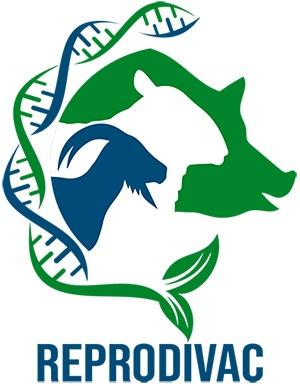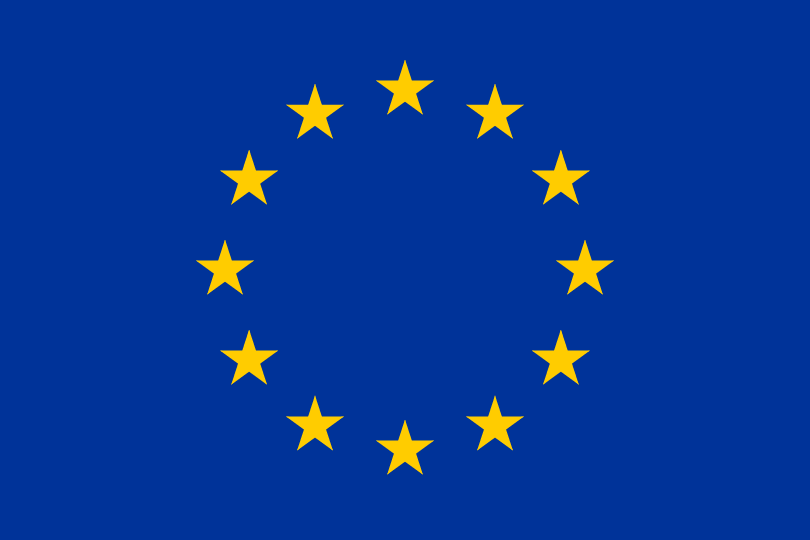REPRODIVAC - Next-generation vaccines and diagnostics to prevent livestock reproductive diseases of worldwide impact
News
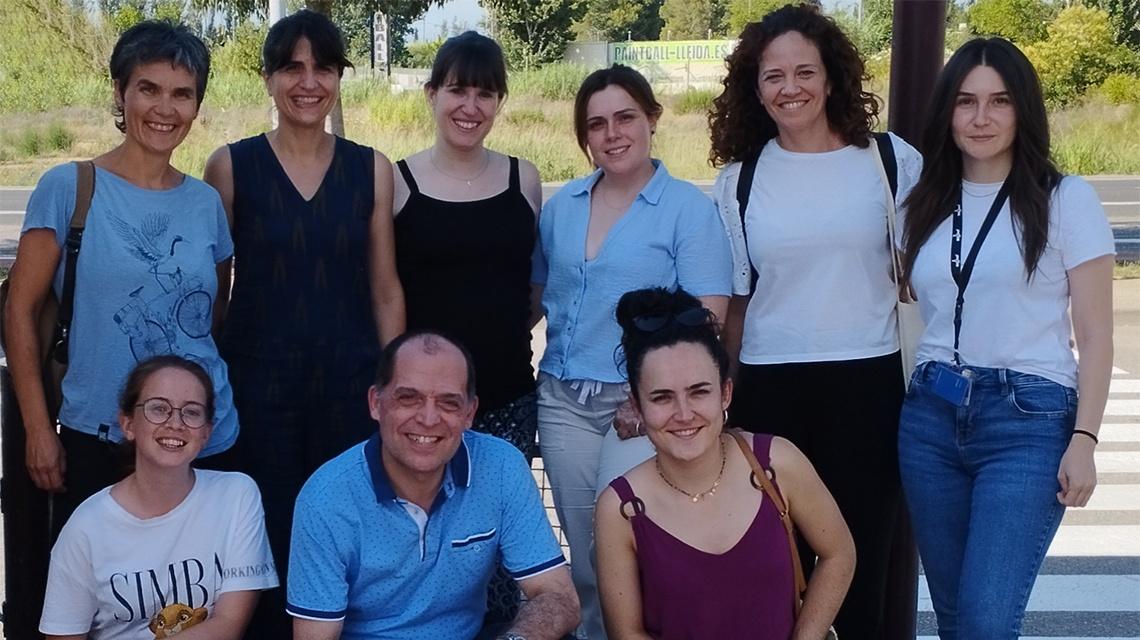
Peripheral Blood Mononuclear Cells (PBMCs) Day
At the University of Lleida, Spain
Three of the Spanish REPRODIVAC teams celebrated yesterday the “PBMC´s Day”: Researchers and technicians from CITA and University of Navarra (UoN) visited the laboratories of the University of Lleida (UoL) with the aim of sharing and standardizing clinical and laboratory protocols to be used in their respective assays with pig peripheral blood mononuclear cells (PBMCs) and immune cells (PAMs) in the REPRODIVAC project. We compared the performance of different materials and protocols to obtain PBMCs from pig and determined the most useful ones for each situation (e.g. for sampling in vivo at commercial farms or for preparing big amounts of PBMC at the necropsy room in experiemtnal conditions). This session was very useful and inspiring for all the participants. The standardization of protocols will allow us to obtain comparable results within the framework of the REPRODIVAC project.

Pig blood cells
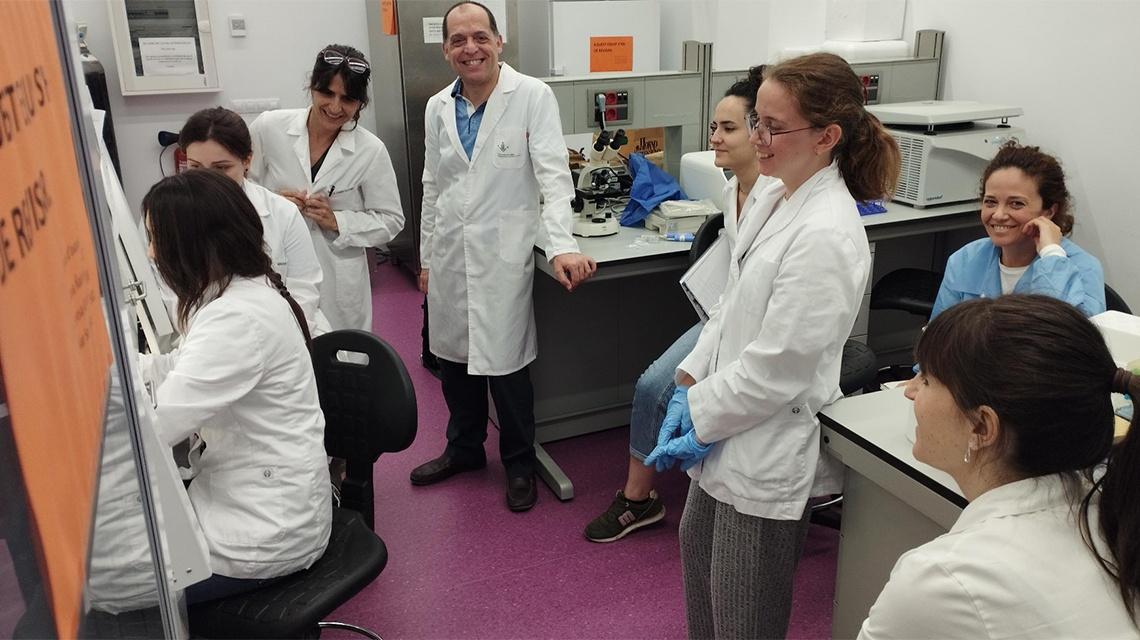
Obtaining PBMCs and PAMs from pig samples
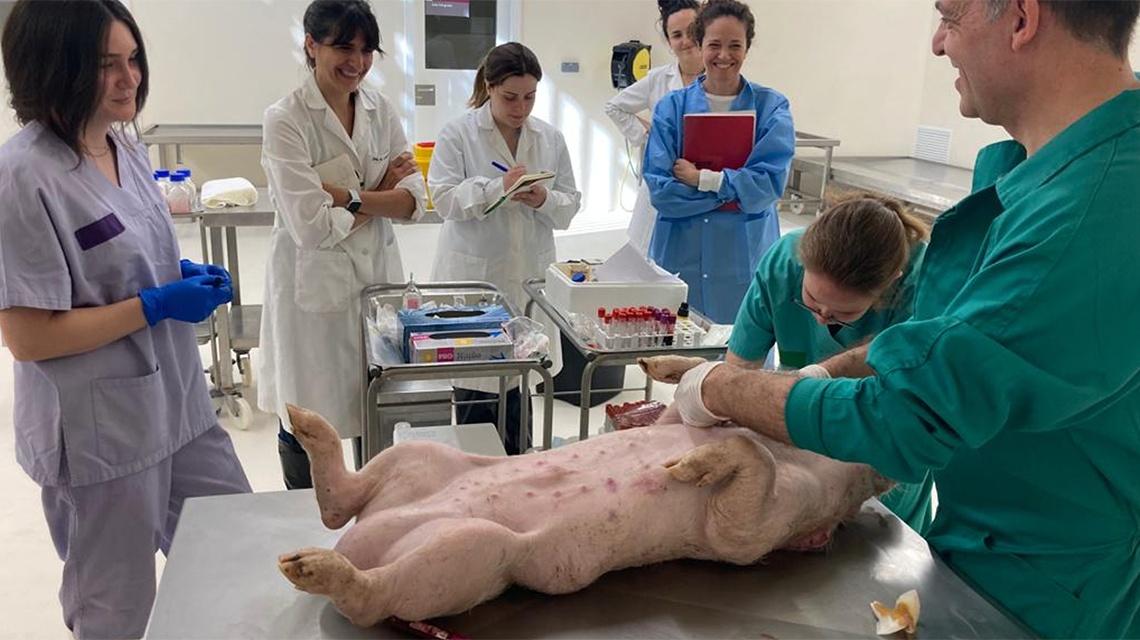
Collecting blood and lung immune cells from pig

Participants in the “PBMC´s Day” from left to right and from 1st line to 2nd line:
Paula Curto (UoL), Lorenzo Fraile (UoL), Maite Loperena (UoN), Pilar M. Muñoz (CITA), Raquel Conde (UoN), Miriam Salvador (UoN), Nerea López (UoN), Sara Andrés (CITA) and Ana Stoian (UoL).
Paula Curto (UoL), Lorenzo Fraile (UoL), Maite Loperena (UoN), Pilar M. Muñoz (CITA), Raquel Conde (UoN), Miriam Salvador (UoN), Nerea López (UoN), Sara Andrés (CITA) and Ana Stoian (UoL).
REPRODIVAC has received funding from the European Union’s Horizon Europe research and innovation programme under Grant Agreement No. 101060813. Views and opinions expressed are however those of the author(s) only and do not necessarily reflect those of the European Union or other granting authorities. Neither the European Union nor the other granting authorities can be held responsible for them.
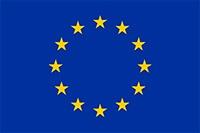
REPRODIVAC has received funding from the European Union’s Horizon Europe research and innovation programme under Grant Agreement No. 101060813. Views and opinions expressed are however those of the author(s) only and do not necessarily reflect those of the European Union or other granting authorities. Neither the European Union nor the other granting authorities can be held responsible for them.
